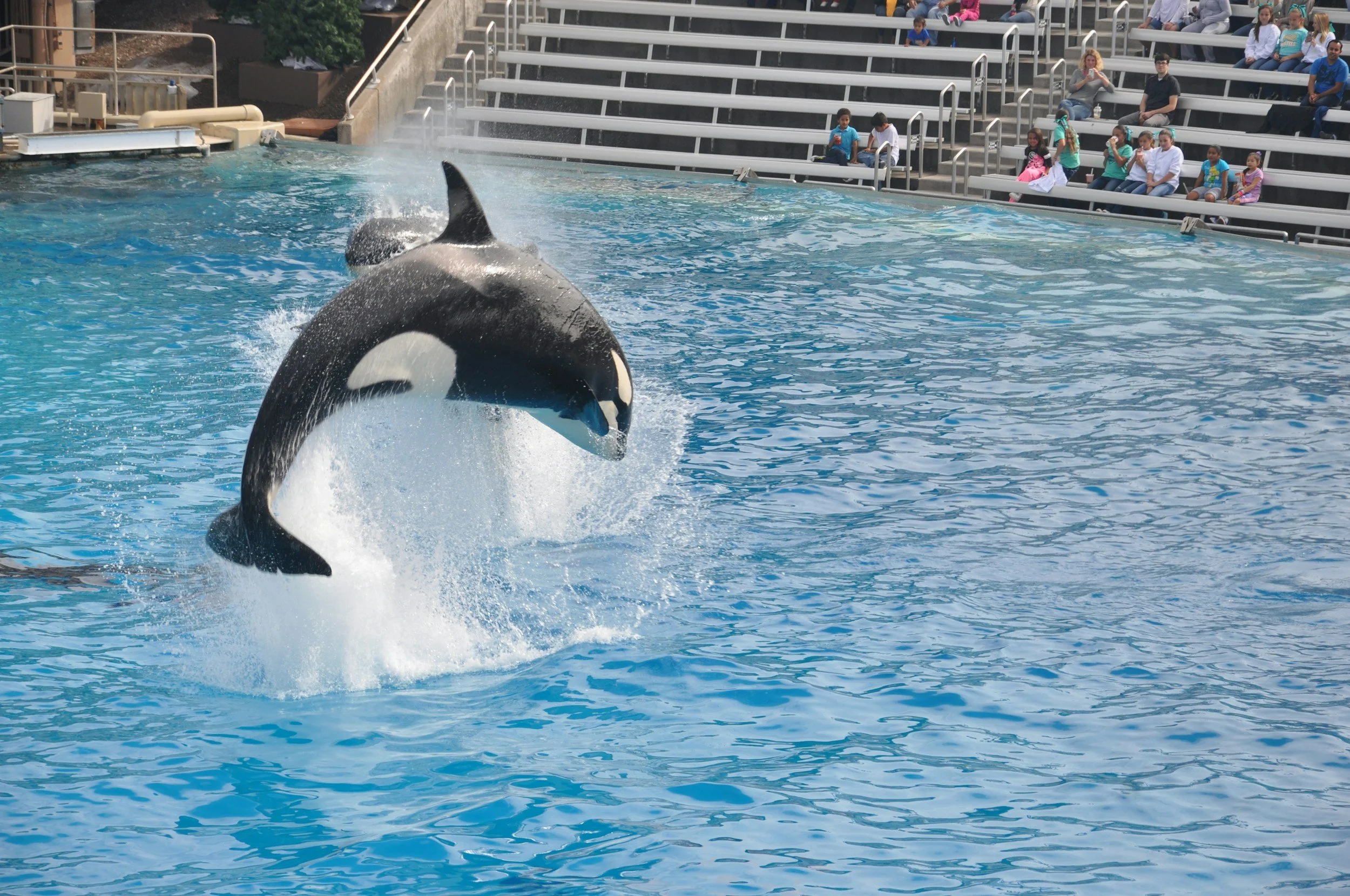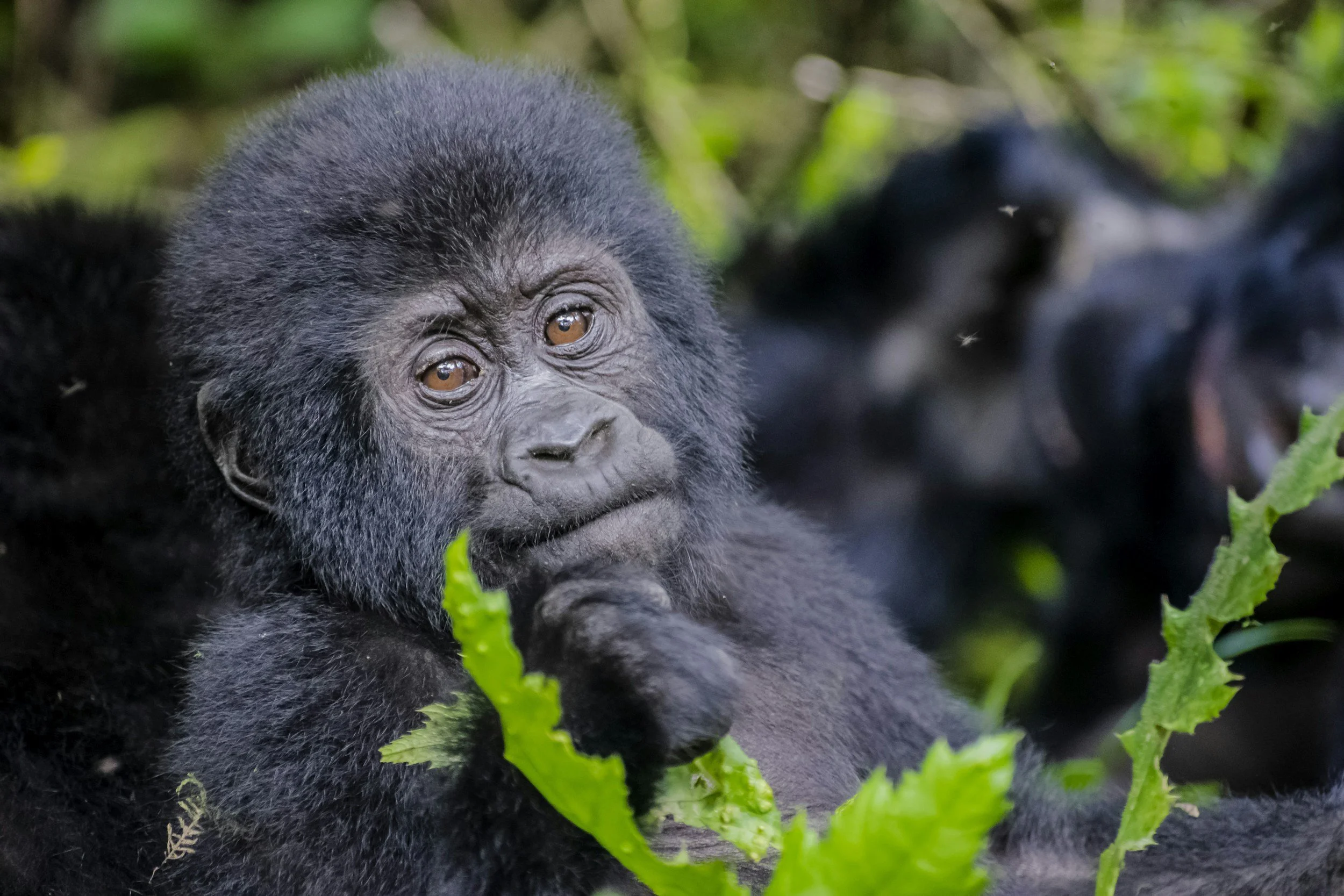'Appalling Abuse': Largest Ever Undercover Investigation Exposes Cruelty in the Fur Industry
Investigators have released photographs and video footage revealing the distressing conditions across over 100 fur farms throughout Europe, showcasing the plight of minks, foxes, and raccoon dogs raised for fur.
Credit: Otwarte Klatki
Animal rights investigators have published images and footage from more than 100 fur farms across Europe, revealing mink, foxes, and raccoon dogs suffering in cruel conditions. This is the largest-ever investigation of its kind into the European fur industry, which has spent decades fighting to conceal the reality of its facilities where animals are raised for pelts.
The exposé ‘'This is Fur Farming in the EU' shows multiple cruelty and health violations at farms in Finland, Poland, Lithuania, Latvia, Spain, and Denmark between April and November of 2023.
The undercover images and photographs, obtained by Finnish animal rights group Oikeutta eläimille and shared with global animal protection group Humane Society International (HSI), show animals trapped in cramped battery cages, with many suffering from cannibalism, self-mutilation, missing limbs, infected eyes, and maggot-infested wounds.
“Over the past decade, I have visited dozens of fur farms in Finland and elsewhere in the world, and the one common factor is the appalling welfare conditions under which the animals are standardly kept,” said Kristo Muurimaa, campaigns director at Oikeutta eläimille.
“It is extremely common to see abnormal behaviours, evidence of fighting, untreated injuries and even instances of cannibalism. I’ve seen these poor conditions on fur farms certified as complying with the industry’s voluntary animal welfare standards, demonstrating that this certification is not worth the paper it is written on,” he added.
While twenty European countries, including 15 Member States, have implemented bans, an estimated 10 million animals are still being bred and killed across the continent for their fur industry every year. Worldwide that number jumps to 100 million animals.
The investigation was released when the European Union was considering its response to a petition calling on the European Commission to ban fur farming and prohibit the placing of fur products on the European market.
However, despite the petition receiving over 1.5 million signatures, the European Commission refused to deliver a legislative proposal to prohibit fur farming at an EU level and delayed its decision to propose a ban until 2026.
“Irrespective of fur industry claims about welfare, each and every fur farm investigation in recent times consistently shows chronically stressed animals living under appalling conditions,” said Dr. Joanna Swabe, senior director of public affairs for Humane Society International/Europe (HSI) in response to the European Commission’s decision.
“Stereotypical behaviours, self-mutilation, untreated wounds and even cannibalism are tragically common horrors on European fur farms. The Commission’s failure to deliver a ban today is inexcusable and condemns millions of sentient animals to lives not worth living on the EU’s remaining fur farms,” she added.
Credit: Otwarte Klatki/Andrew Skowron
Pandemic Risks
Public health concerns associated with fur farms have increased since the COVID-19 pandemic, due to minks being highly susceptible to the virus and can transmit mutated forms of it back to humans.
Earlier this year, virologists from Imperial College London’s Department of Infectious Disease warned of the public health threat posed by the global fur trade, after outbreaks of avian flu (H5N1) on mink and fox fur farms in Spain and Finland increased fears that fur farms could act as reservoirs of zoonotic diseases.
An article published in the scientific journal Proceedings of the National Academy of Sciences warns that mink farming poses a risk for the emergence of future disease outbreaks and should be considered in the same risk level category as the bushmeat trade and live animal markets.
“In this day and age, it is reprehensible that we are still keeping and killing animals solely for their fur,” said Tilly Metz MEP (Greens/EFA) and President of the European Parliament’s Intergroup on the Welfare and Conservation of Animals. “This is a cruel and unnecessary practice, which—as we have seen in recent years with outbreaks of the SARS-CoV-2 and HPAI [highly pathogenic avian influenza] viruses on fur farms—also poses a serious threat to public health.”
Solutions for Change
Many major fashion brands including Armani, Kering, Moncler, Prada, Valentino, Versace Gucci, Michael Kors, Burberry, Dolce & Gabbana, and Moncler have removed fur from their collections in favor of more ethical and eco-conscious materials, while the former CEO of the Fur Trade Association has denounced the animal cruelty inherent in the fur trade as “indefensible”.
Designers are increasingly turning to next-gen (animal-free, high-performance, and sustainable) materials in place of animal fur. Recent examples include the New York City-based material innovation studio and outerwear brand House of Fluff which has developed BIOFUR, a biodegradable animal-free fur, while Ecopel produces KOBA, a bio-based fur made from oil from vegetable crops.
Take Action
Join Species Unite in urging Congress to pass H.R.3783, the Mink: Vectors for Infection Risk in the United States Act (Mink VIRUS Act). Add your name to our petition here.
Join Species Unite today in calling on Max Mara to end their sale of fur - add your name to our petition here and read more about why we’re calling on the fashion giant to switch to cruelty-free alternatives here.
Learn more about the future of animal-free fur, and listen to our Species Unite podcast episode with Kym Canter, the founder and creative director at House of Fluff, a New York City-based, animal-free, material innovation studio and outerwear brand.
We Have A Favor To Ask…
Species Unite amplifies well-researched solutions to some of the most abusive animal industries operating today.
At this crucial moment, with worldwide momentum for change building, it’s vital we share these animal-free solutions with the world - and we need your help.
We’re a nonprofit, and so to keep sharing these solutions, we’re relying on you - with your support, we can continue our essential work in growing a powerful community of animal advocates this year.
More stories:
Species Unite
A collection of stories of those who fight the good fight on behalf of animals.





A judge has issued Pennsylvania’s first habeas corpus order for a nonhuman animal, advancing NhRP’s fight to move five African elephants from the Pittsburgh Zoo to a sanctuary.